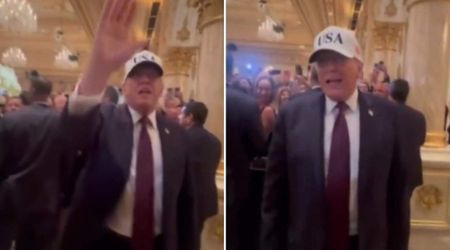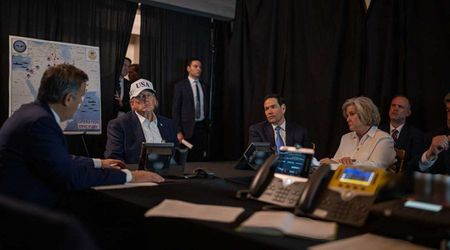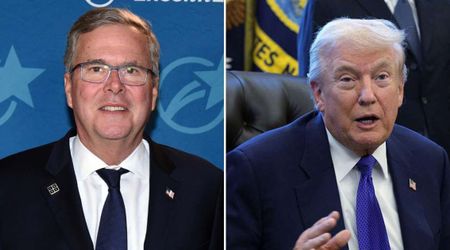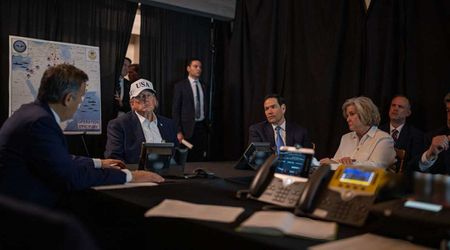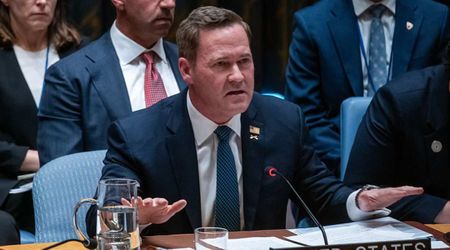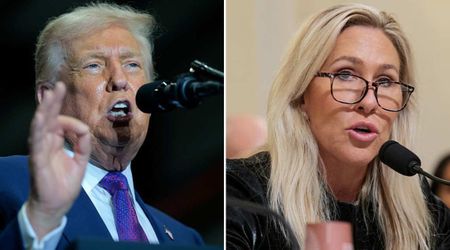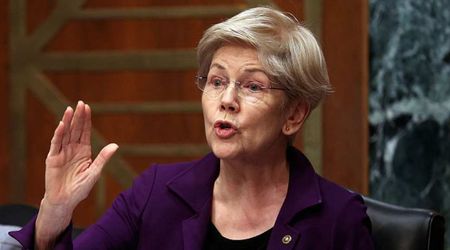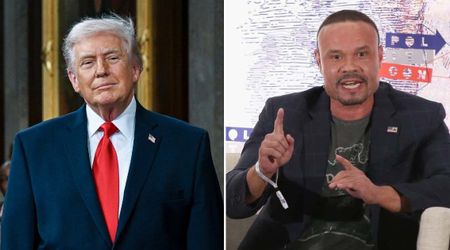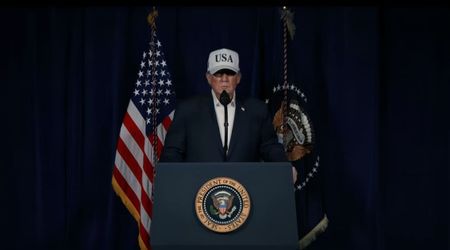7 key takeaways as Donald Trump fails to claim presidential immunity in election interference case

7 key insights from landmark ruling that denied Donald Trump's immunity claims in 2020 election interference case

On Tuesday, February 6, a federal appeals court delivered a landmark ruling, shattering Donald Trump's claim to immunity from prosecution for alleged crimes committed during his presidency. In a 57-page unanimous opinion, a panel of three DC Circuit judges emphatically rejected his arguments, noting that the justice system allows for the prosecution of former presidents for actions taken while in office. The court stressed the importance of holding a potentially criminal president accountable, declaring that no individual, regardless of their previous occupancy of the highest office, is above the law. As Trump vows to appeal, the timeline of his legal battle remains uncertain, casting a shadow over the impending trial sought by special counsel Jack Smith. Let's have a look at seven crucial takeaways from this consequential decision.
1. Donald Trump's immunity claims were unequivocally dismissed

The federal appeals court unequivocally dismissed Trump's claim to immunity, emphasizing that past presidents are not exempt from facing charges for actions taken while in office. In their 57-page opinion, the panel of three DC Circuit judges, including Karen LeCraft Henderson, Florence Pan, and J Michelle Childs, wrote, "We cannot accept that the office of the Presidency places its former occupants above the law for all time thereafter," as per CNN.
2. Trump's alleged efforts to remain in power despite losing the 2020 election called an 'unprecedented assault' on the government's structure

The judges highlighted the seriousness of the charges against Trump, particularly focusing on his post-election conduct, which they deemed potentially criminal and an assault on democratic processes. In the decision, they noted, "Former President Trump’s alleged efforts to remain in power despite losing the 2020 election were, if proven, an unprecedented assault on the structure of our government."
3. Public interest should prevail over executive privilege

The court prioritized the public's interest in holding a former president accountable over concerns about chilling presidential actions, firmly rejecting Trump's arguments for executive immunity. They emphasized, "We conclude that the interest in criminal accountability, held by both the public and the Executive Branch, outweighs the potential risks of chilling Presidential action and permitting vexatious litigation."
4. Impeachment does not equate to absolution

Contrary to Trump's assertions, the court ruled that impeachment acquittal does not shield a president from criminal prosecution, emphasizing the distinct nature of political proceedings versus criminal charges. The judges noted, "Other courts have rejected this 'tortured' interpretation," highlighting the fallacy in ex-POTUS' argument. In the opinion, they also called Trump's "reliance on a negative implication is an immediate red flag."
5. Trial timing of Donald Trump's cases will be up to the Supreme Court

Trump's legal strategy to delay proceedings faces scrutiny as the case's timeline hinges on Supreme Court decisions. The court outlined a process for potential delays but underscored the eventual resumption of trial proceedings. They established a six-day schedule for Trump to respond to the ruling, giving him until February 12 to file an emergency request with the Supreme Court.
6. Describes the president as an 'officer'

The court's description of the president as an "officer" in Tuesday's ruling sparked legal interest, coinciding with separate legal debates, notably the insurrectionist ban. Notably, the language choice may hold broader implications as the Supreme Court is set to hear oral arguments in the Trump vs Anderson case on February 8 to ask whether Colorado's highest court was justified in removing the ex-POTUS from the state's ballot. "It would be a striking paradox if the President, who alone is vested with the constitutional duty to 'take Care that the Laws be faithfully executed,' were the sole officer capable of defying those laws with impunity," stated the judges in their ruling.
7. What comes next?

Trump's team plans to appeal, with options to request reconsideration by the full DC Circuit or directly petition the Supreme Court. The ongoing legal battle prolongs the case's resolution, impacting scheduled trial dates and procedural progress. Moreover, the court's decision to pause the effect of its ruling until February 12 allows Trump time to appeal to the Supreme Court.


